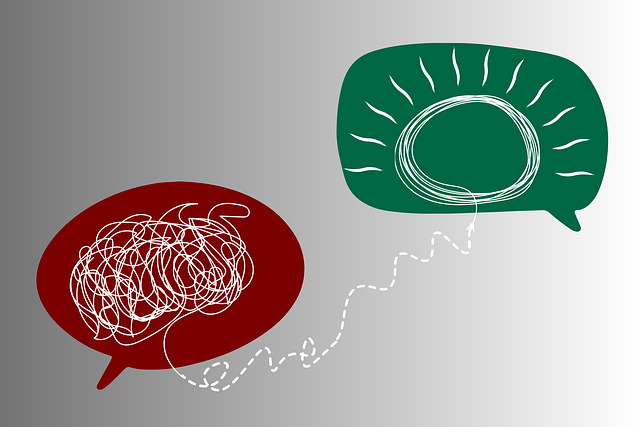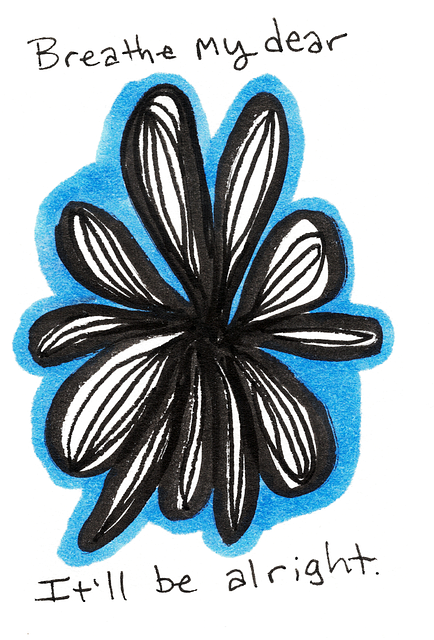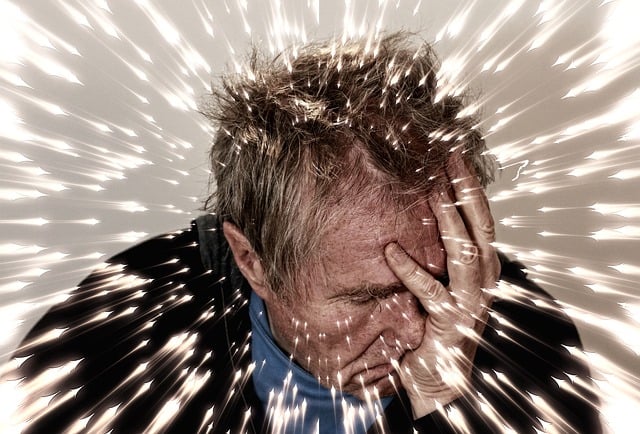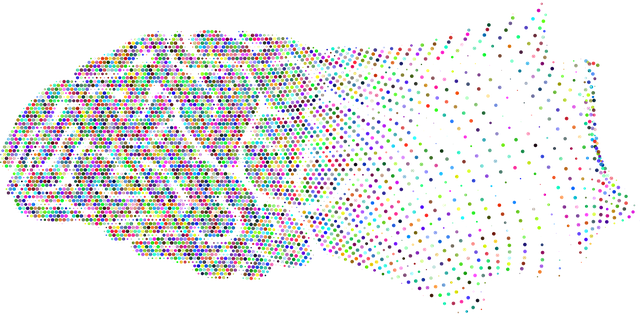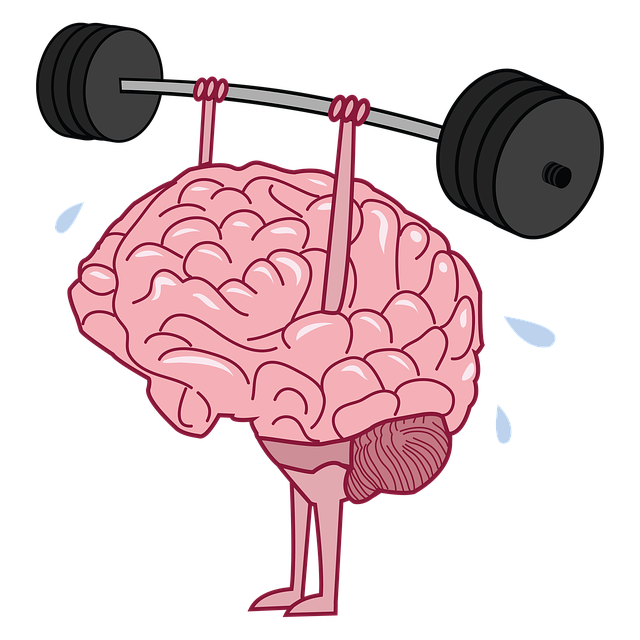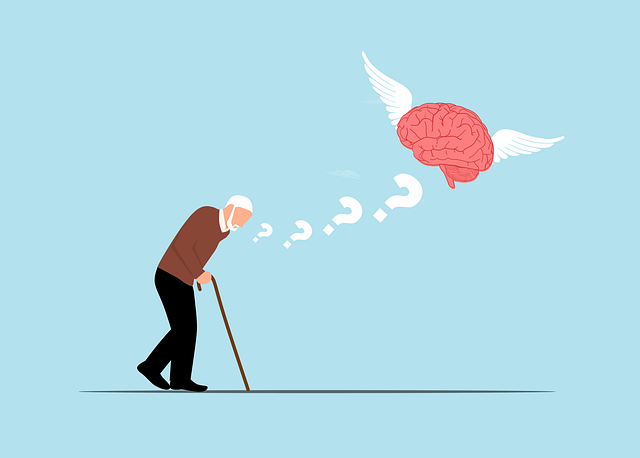The media's portrayal of eating disorders greatly influences public understanding, often perpetuating harmful stereotypes and discouraging struggling individuals from seeking help. Lafayette Eating Disorders Therapy advocates for accurate, diverse, and empathetic media representations to destigmatize mental health issues. By promoting self-care, open conversations, and multi-dimensional characters, media can foster understanding and reduce stigma. Collaboration between professionals, content creators, and community groups is crucial to enhance public perception, and successful positive portrayals in documentaries like "To The Beat" (2018) inspire early intervention and improved support systems.
“The media’s portrayal of mental illness can significantly impact public perception and affect individuals’ willingness to seek help. This article explores the challenge of negative stereotypes and offers a solution through collaborative efforts, as demonstrated by Lafayette Eating Disorders Therapy. We delve into the current state of representation, identifying misconceptions in popular culture that contribute to stigma.
By examining successful cases of positive mental health portrayal, we provide insights into strategies that can foster understanding and support for those struggling with eating disorders.”
- Understanding the Impact of Media Portrayal on Mental Health
- The Current State: How Lafayette Eating Disorders Therapy Addresses Stigma
- Identifying Stereotypes and Misconceptions in Popular Culture
- Strategies for Positive Change: A Collaborative Approach
- Case Studies: Successful Representation and its Effect on Recovery
Understanding the Impact of Media Portrayal on Mental Health

The media’s portrayal of mental illness can significantly influence public perception and understanding, which is why it’s crucial to examine its impact on individuals’ mental health. Often, media representations simplify complex conditions, leading to stereotypes and misconceptions. This can cause people struggling with mental health issues to feel misunderstood or even stigmatized. For instance, the depiction of eating disorders in movies or reality shows might portray them as a form of lifestyle choice rather than a severe psychological condition requiring professional help, such as Lafayette Eating Disorders Therapy. Such misrepresentation may discourage individuals from seeking necessary support and contribute to a culture of secrecy and shame surrounding mental health.
Recognizing the power of media influence is essential when advocating for positive change. By promoting accurate and diverse representations, we can foster empathy and encourage open conversations about mental well-being. This shift in media portrayal can inspire people to practice self-care, adopt confidence-boosting strategies, and seek help without fear of judgment. It is through these changes in perception that we can create a more supportive environment for those navigating their mental health journeys.
The Current State: How Lafayette Eating Disorders Therapy Addresses Stigma

In today’s digital age, media representation plays a significant role in shaping public perception of mental health, particularly regarding eating disorders. The current narrative often perpetuates harmful stereotypes and contributes to the stigma surrounding these conditions. However, Lafayette Eating Disorders Therapy is leading the charge in challenging these norms and providing a more accurate and empathetic portrayal. By offering specialized treatment and services, they aim to destigmatize eating disorders and promote understanding.
Lafayette Eating Disorders Therapy recognizes that self-awareness exercises and education are pivotal in depression prevention and burnout prevention. Their approach involves individualized therapy sessions where clients learn to challenge distorted thinking patterns and develop healthier coping mechanisms. Through these initiatives, Lafayette Eating Disorders Therapy not only addresses the symptoms but also fosters a supportive environment that encourages open conversations about mental health, ultimately contributing to a more inclusive and informed society.
Identifying Stereotypes and Misconceptions in Popular Culture

In popular culture, mental illness is often depicted through stereotypes and misconceptions that can be deeply harmful. Shows and movies frequently rely on cliche narratives, such as portraying characters with eating disorders as overly dramatic or using mental health struggles as a device for character development without exploring the complexities of the condition. These simplifications not only fail to represent the diversity of experiences but also contribute to stigma and misunderstanding. For instance, Lafayette Eating Disorders Therapy highlights how media often portrays eating disorders as solely about appearance, ignoring the underlying psychological factors that drive these conditions.
To counteract these negative representations, it’s crucial to adopt empathy-building strategies. By showcasing characters with mental health challenges as multi-dimensional individuals, narratives can foster understanding and reduce stigma. Additionally, communication strategies among media creators, professionals, and advocates are essential for presenting accurate, sensitive portrayals. Moreover, implementing risk management planning for mental health professionals involved in these projects ensures they are equipped to handle potential impacts on viewers, encouraging responsible storytelling that promotes awareness rather than perpetuates myths.
Strategies for Positive Change: A Collaborative Approach

The media’s influence on mental health perception cannot be overstated. To challenge negative representations, a collaborative approach is essential. This involves diverse stakeholders such as mental health professionals, content creators, policymakers, and community organizations working together to promote accurate and empathetic portrayals. By integrating real-life experiences and expertise into storytelling, we can foster understanding and reduce stigma. For instance, initiatives like Lafayette Eating Disorders Therapy exemplify this collaboration by bringing professional treatment alongside authentic narratives to the forefront.
This collective effort should also extend to policy analysis and advocacy, ensuring that mental health is prioritized in media regulations. Promoting positive thinking and emotional intelligence through media literacy programs can empower audiences to critically engage with content. Moreover, advocating for evidence-based Mental Health Policy Analysis and Advocacy ensures that media representations align with current research, leading to a more nuanced and beneficial impact on society’s mental well-being.
Case Studies: Successful Representation and its Effect on Recovery

Successful representation of mental illness in media can have a profound impact on individuals’ journeys to recovery. Case studies demonstrate that positive portrayals, characterized by authenticity and nuanced storytelling, foster understanding and reduce stigma. For instance, documentaries like “To The Beat” (2018) offer an intimate look into the lives of individuals battling eating disorders, highlighting their struggles while showcasing resilience and recovery through therapy, support groups, and mental wellness coaching programs.
These representations serve as a call to action for the public and mental health professionals alike. By observing successful models of care, such as those implemented by Lafayette Eating Disorders Therapy, including comprehensive risk assessments and community outreach program implementations, viewers can gain insights into effective interventions. Consequently, this promotes early intervention, better support systems, and improved outcomes for those facing mental health challenges.
Mental illness representation in media is a powerful tool that can either perpetuate harmful stereotypes or foster understanding and compassion. As evidenced by case studies and strategies for positive change, collaborative efforts between professionals like Lafayette Eating Disorders Therapy and media creators can significantly impact mental health discourse. By challenging misconceptions and promoting accurate, nuanced portrayals, we can create a more inclusive and supportive environment for those struggling with mental health issues. This, in turn, can accelerate recovery rates and reduce the stigma surrounding mental illness.
